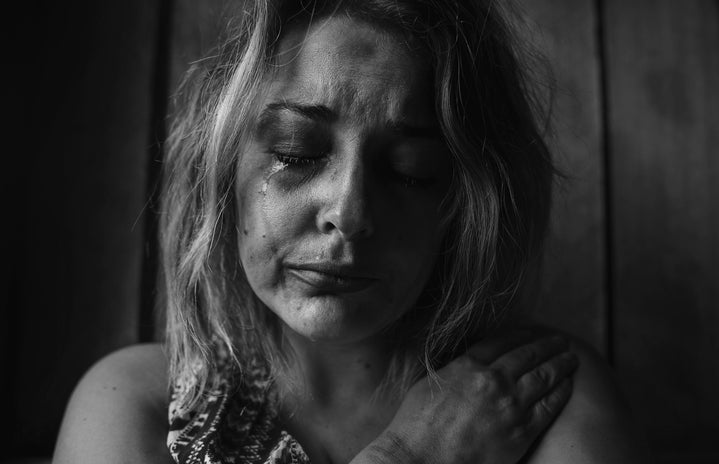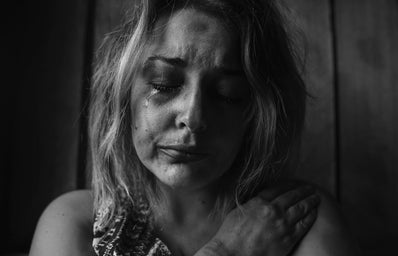The coronavirus pandemic has hit the world, sending shockwaves to every corner and community across the globe. The UK Government have revived its initial lockdown slogan: “Stay Home. Protect the NHS. Save Lives.” But staying at home doesn’t save lives for victims of domestic abuse, child abuse, gender-based and sexual violence. It doesn’t save the lives of those living beneath the surface of our communities, silenced. It only saves the lives for some.
Domestic abuse is a broader term for experiences of controlling behaviour, often perpetrated by a partner, family member or carer. This abuse can include “coercive control” such as the threat of physical violence and intimidation; emotional abuse; financial abuse and sexual abuse. Telling victims of these struggles to stay at home is a prison sentence: no escape.
These pre-existing incidents can be further exacerbated in the home by Covid-19, especially with the financial burden and insecurity the pandemic as brought upon the majority of households. This, coupled with a victim who has no escape at all from the house, is a recipe for disaster. Leading domestic abuse charity Refuge, reported a seven-fold increase in phone calls in just one day at the start of the first lockdown in March 2020, and as lockdowns are continuously implemented and extended, this figure is likely to only go up.
Domestic abuse is often seen as gender based, grounded within the institutional inequality between men and women; thus the majority of victims are indeed women, particularly with regard to physical violence. Women are more likely to have sustained abuse and more likely to have worse physical injury. The Guardian reported that female deaths have “more than doubled” due to domestic violence: not only is the pandemic killing, people still are too.
The impact of abuse on a partner can also have a wider impact of other people living in the home. If a victim has children, they are not only at risk of suffering from emotional abuse and be more withdrawn, they themselves may too become victims child abuse and threats. Coupled with the further notion that the children do not have anywhere else to go beside the home as schools are shut, their situation is bleak. Staying “home” is not safe.
So, as you are reading this you might be thinking, “But what can I do?.” Yes, domestic violence is like a silent killer, more silent than the virus perhaps; you may not even know someone is being abused until after the effect. If you do suspect anything then please please help others. You can raise awareness via social media, online or word of mouth – you never know who might need your help. Stay in touch with others if you can.
Students can find themselves in an abusive relationship. Check on your friends. Most importantly, be kind.
The National Domestic Helpline number is 0808 2000 247 and NSPCC Helpline is 0808 800 5000.
If you think someone is in immediate danger, call 999. If you are not safe to speak, call 999 and when prompted, press 55.
You can break lockdown rules to escape abuse.



